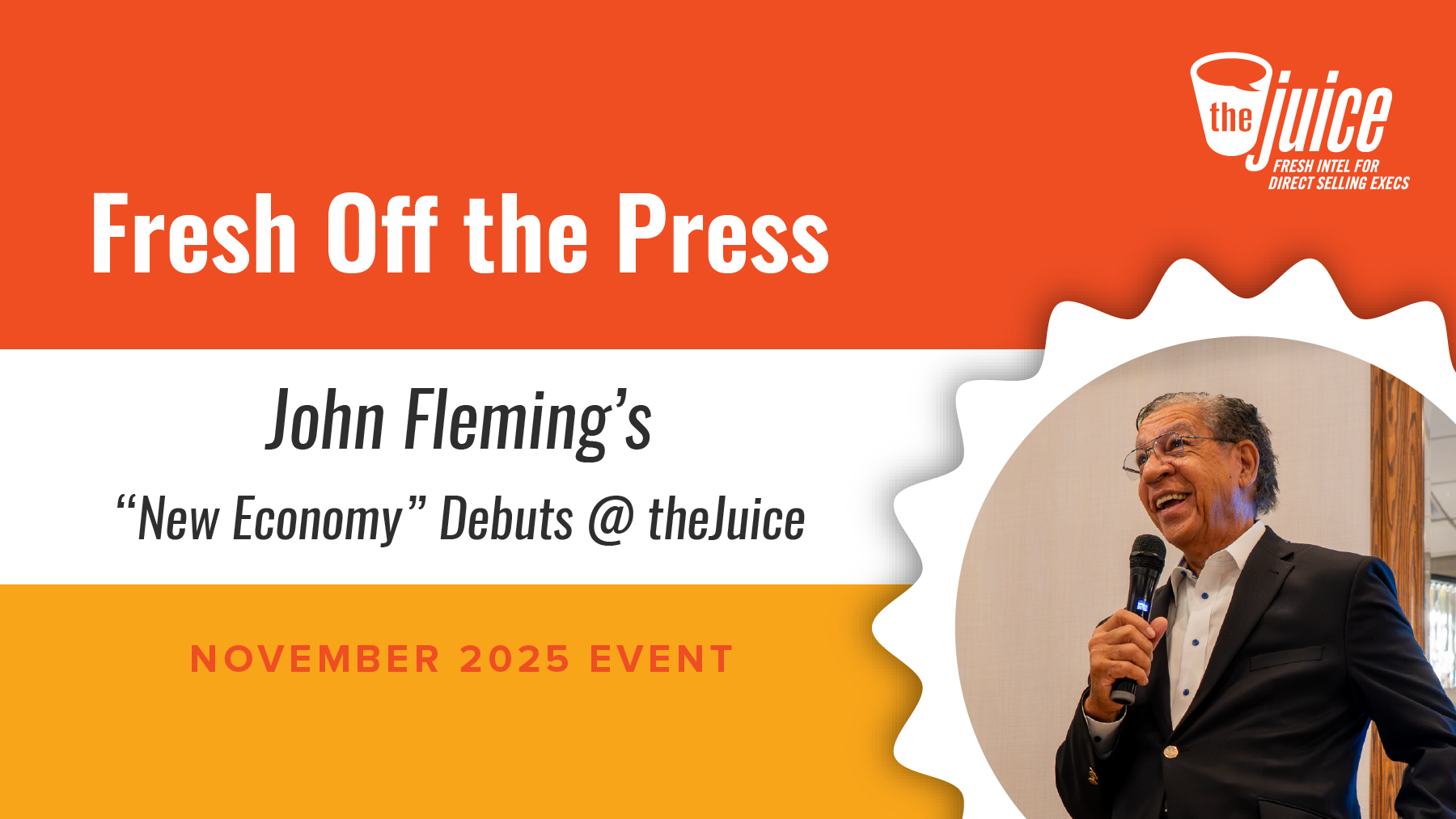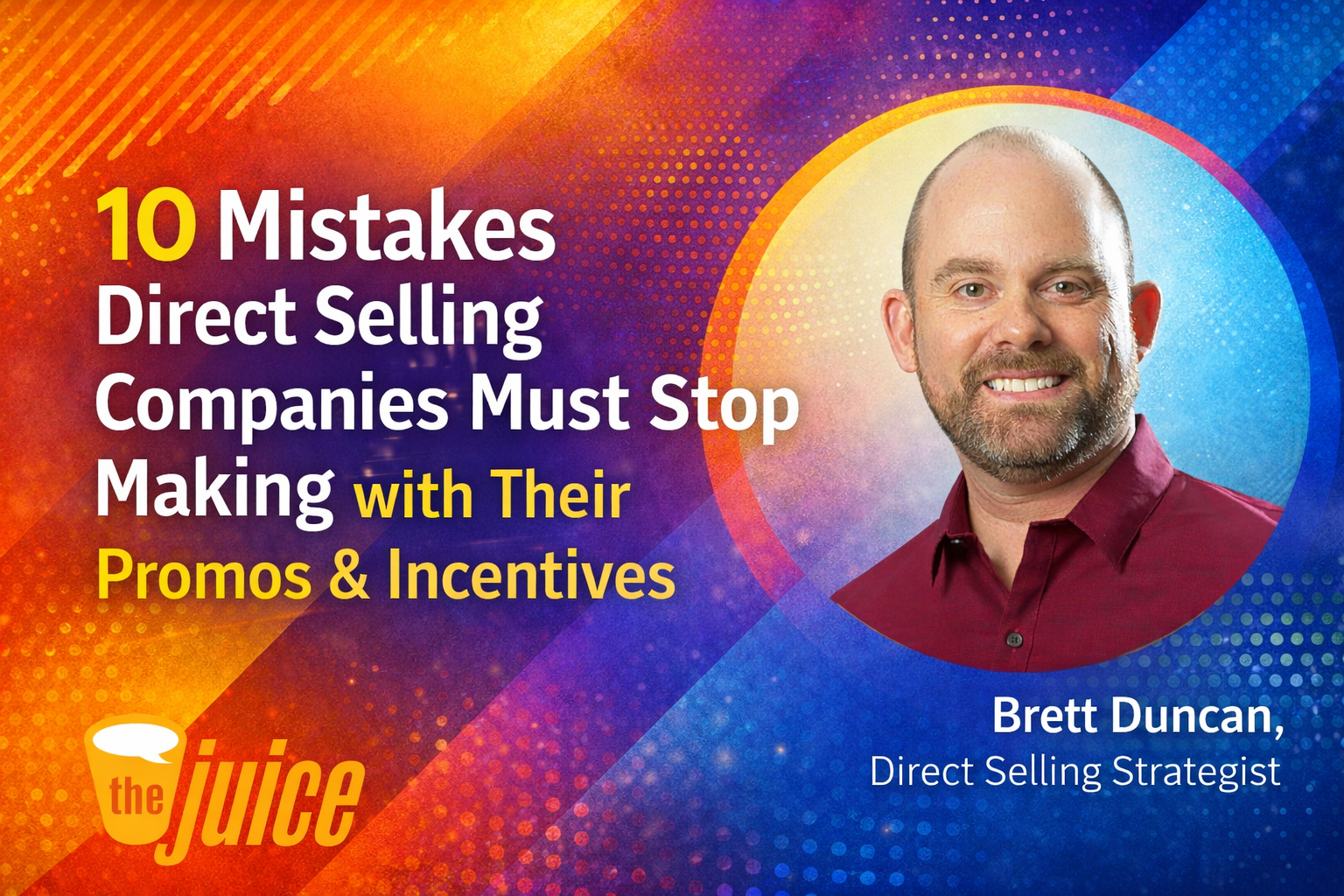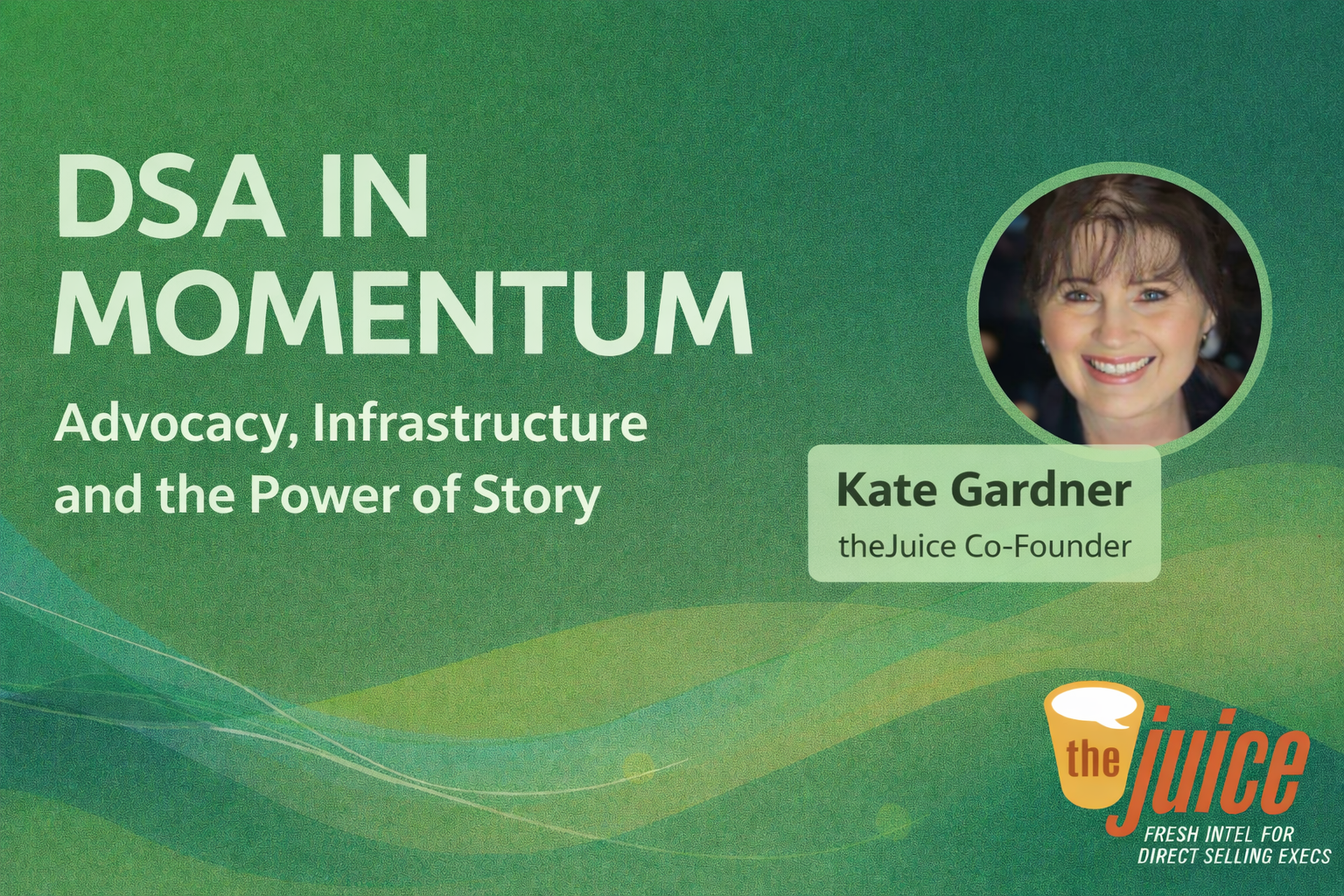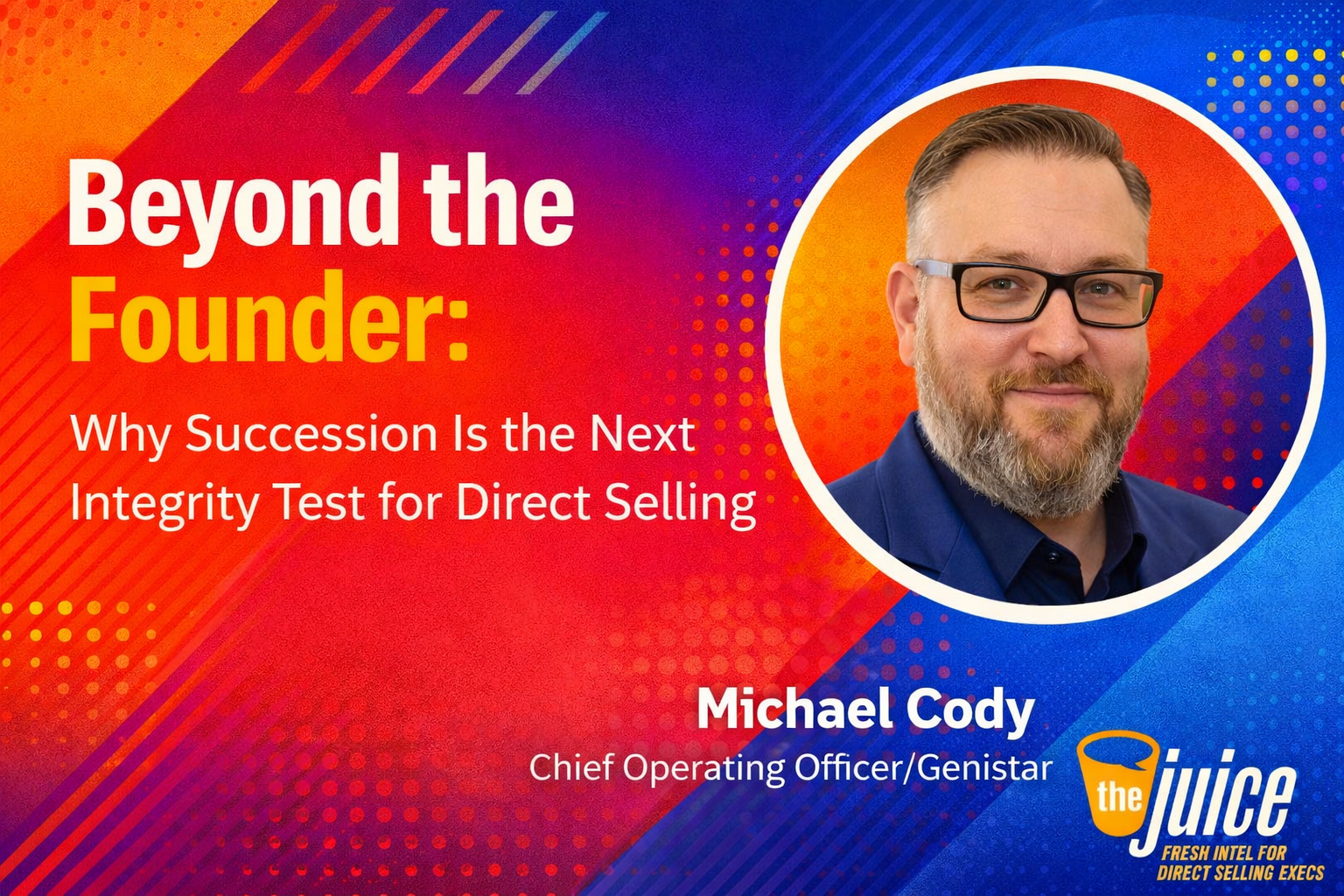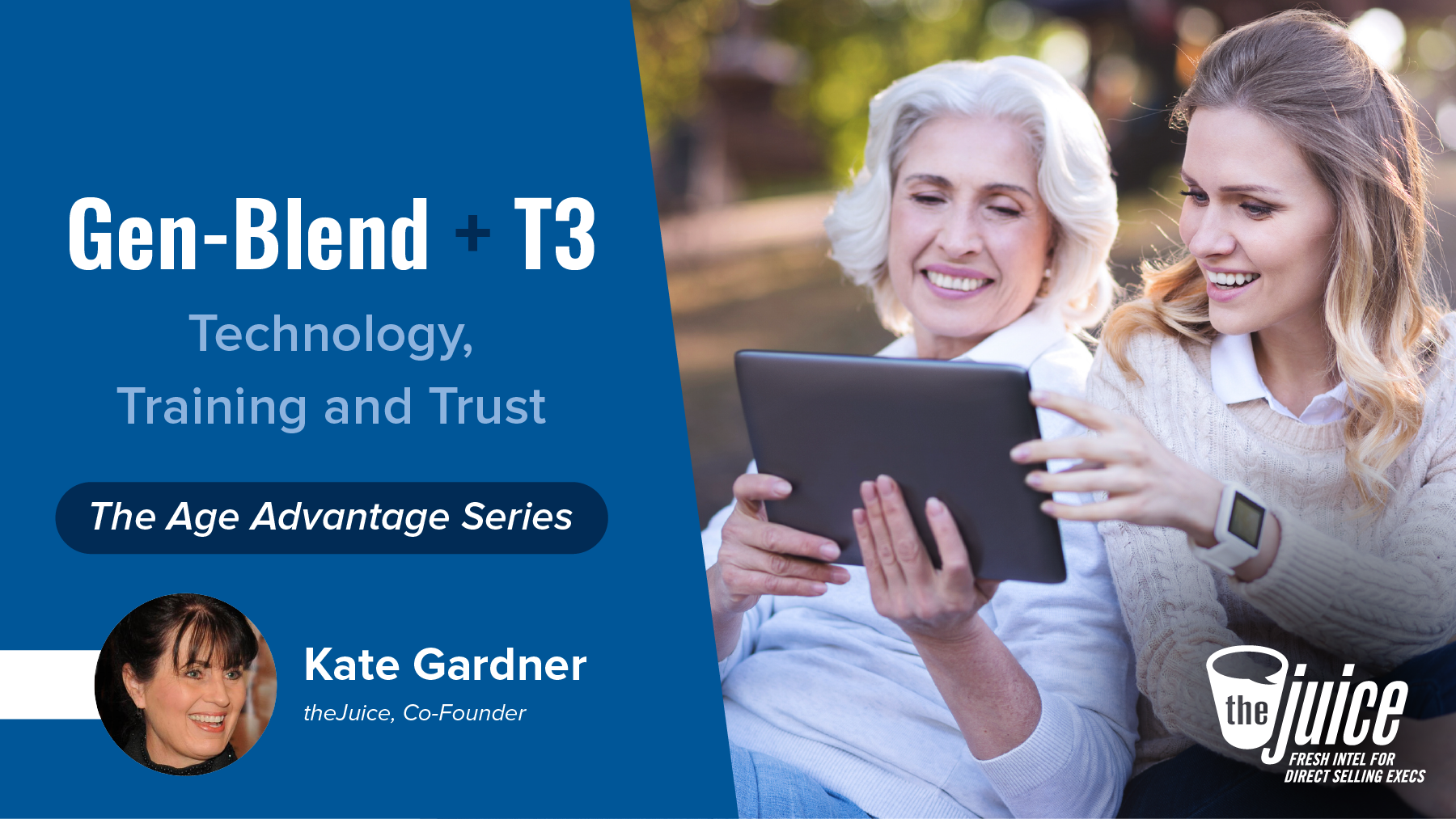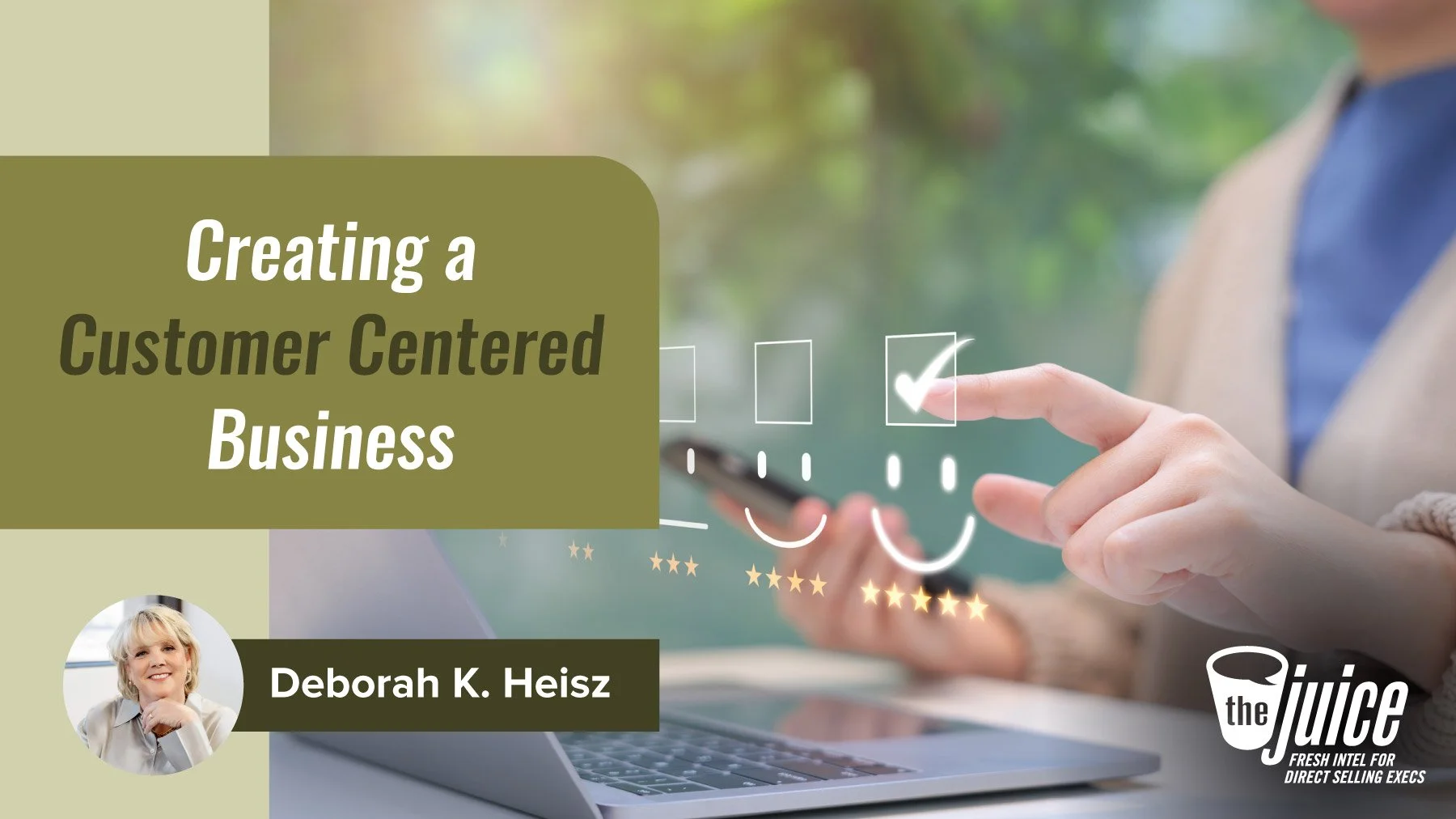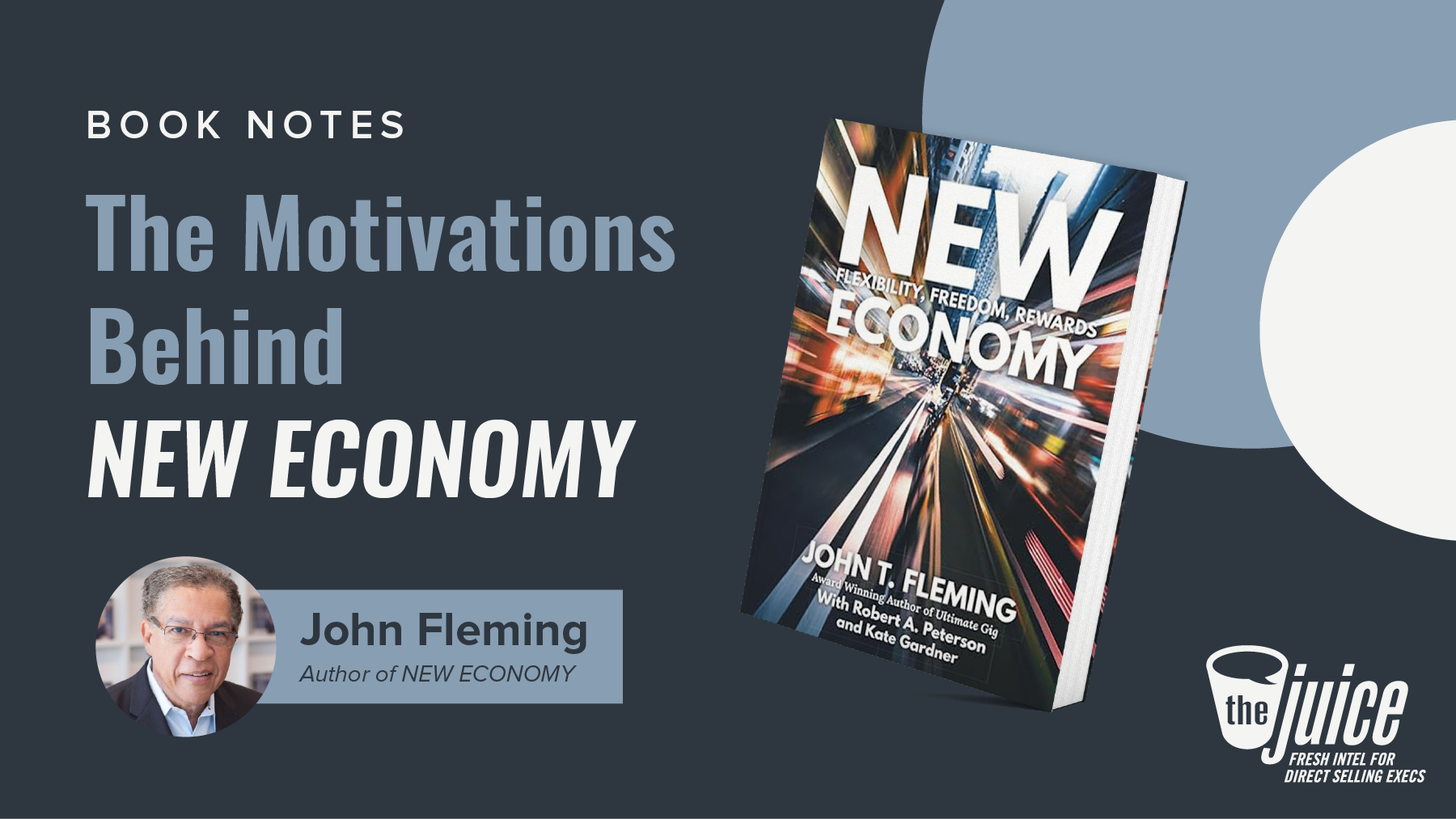Fresh Off the Press: John Fleming’s New Economy Debuts at theJuice
On November 5, 2025, Brett Duncan and Kate Gardner hosted theJuice in DFW. These lunch events are held two to three times a year in the DFW area, bringing together 40-70 direct selling executives for good food, great intel and priceless connections. At this event, John Fleming launched his newest book, New Economy. Below is a recap of his presentation. You can learn more about our upcoming events here. https://thisisthejuice.com/eventoverview
When John Fleming took the stage at theJuice on November 5, it wasn’t just a talk; it was a launch. We debuted his new book, New Economy — Flexibility, Freedom, Rewards, and for the first time anywhere attendees walked out with the printed edition in hand. That moment happened thanks to PayQuicker, whose support made the first run possible and put fresh copies directly into the room. From there, Fleming delivered a mindset reset on how this channel can think, speak and build for the economy we’re already in.
Fleming opened by honoring the people in the room and then got to the point: we chase quick fixes. When recruiting slumps or retention dips, we reach for a new rank, a new SKU or a comp tweak.
His ask was different: engineer the solution before you build it.
Like any great design, it starts with fundamentals and process, not a patch.
“We try to solve the problem before we understand the problem.”
From Gig to New Economy
Fleming’s research has tracked the rise from “gig” to what he now calls the New Economy: millions choosing flexible, part-time, belief-driven income streams. He cited growth from roughly 50 million U.S. participants just a few years ago to more than 70 million now, trending toward 100 million, with direct selling representing a meaningful slice of that pie. His point wasn’t to debate the numbers; it was to recognize the reality: today’s earners have options, and we’re one of many. To win, we must become a preferred choice.
“Maybe they don’t believe the way they used to believe … because they have more choices.”
Simplicity Beats Complexity
Fleming praised companies that make strategy simple enough to wear on a button. Literally. He recalled Herbalife’s classic “Lose weight now. Ask me how.” as an example of clarity that travels. The channel, he argued, drifts toward complicated labels, ranks and claims that confuse the very people we want to reach.
“Simplicity versus complexity is easy to say and hard to do.”
Define Who We Are (So Others Don’t)
Words matter. Algorithms amplify those words. Fleming warned that if we can’t crisply define who we are, AI and critics will gladly do it for us. His research with Dr. Bob Peterson shows the terms “direct selling” and “social selling” score best with consumers compared to the alphabet soup that follows our industry around. Don’t hand your narrative to strangers. Choose your language on purpose.
“If we don’t define who we are, the marketplace (and the machines) will do it for us.”
Design Around Real Life
What do people actually want? Not compensation acrobatics. Not page-long rank charts.
They want life to work better—a few hundred dollars a month, on their terms, with dignity and community.
Fleming’s guidance: stop over-promising, start right-sizing. Speak to the micro-earner mindset without apology. Align your promises with probability.
“They don’t care about our bells and whistles. They want to know if we make life and work better.”
Audience First, Then Us
New Economy is written for the audience, not the academics. It’s designed to educate everyday people exploring flexible earning, translated into clear, non-academic language and distributed where they already are. Yes, the book includes data, but it leads with perspectives and real stories, not income trophies. That’s a tell: if your next campaign leads with human outcomes instead of hype, you’re on the right road.
“‘Should’ and ‘need’ are problematic words. Offer perspectives people can act on.”
Do the Work Together
Fleming saluted advocacy leaders in the room and reminded us that engagement + clarity beat panic every time. The takeaway wasn’t complicated: think first, then build. Define the problem, simplify the promise, speak in everyday language and meet people where they already live, digitally and emotionally. If we do that, direct selling won’t just survive the New Economy. It will shape it.
“We don’t have to be the only choice … we have to be the preferred choice.”

